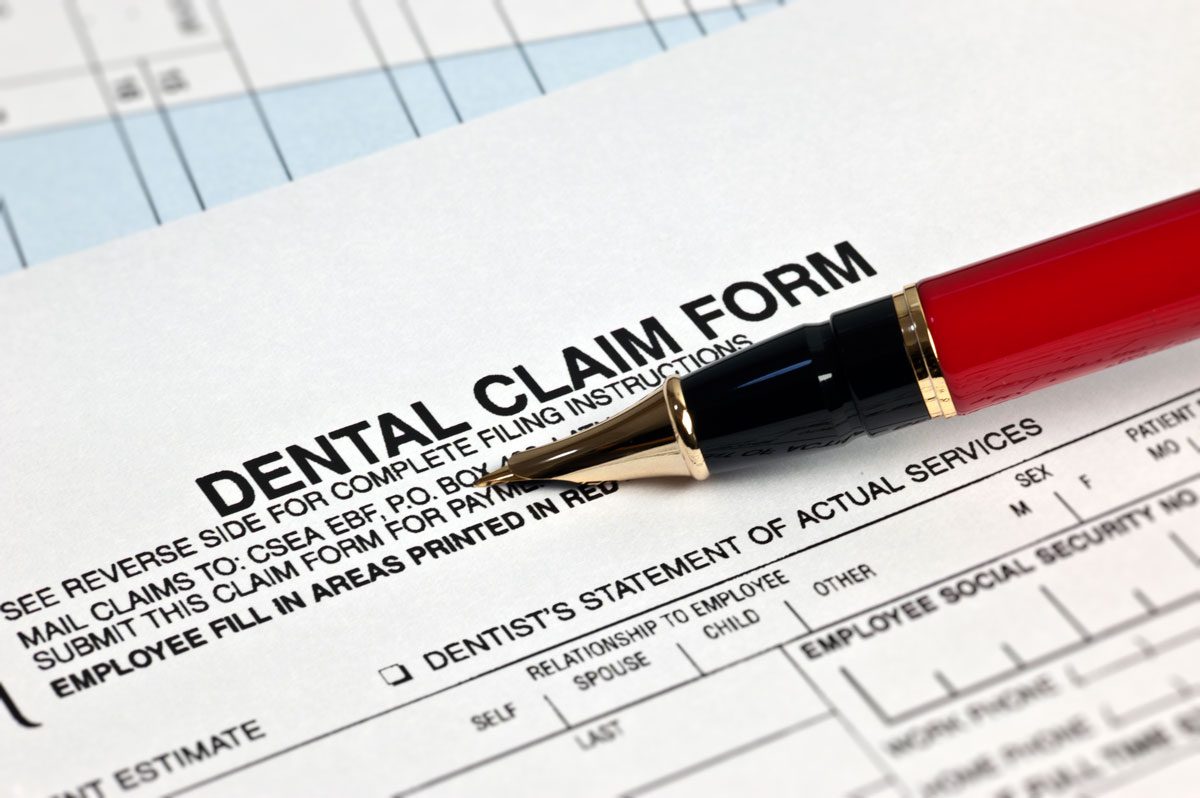Are you required to have dental insurance? When it comes to healthcare, many people wonder if dental insurance is a requirement. Dental insurance can help cover essential expenditures associated with maintaining oral health, but the question remains whether individuals must have dental insurance plans.
While dental insurance can alleviate some of the financial burdens of dental care, it is NOT mandatory. Dental insurance is often available as a separate plan or as part of a larger health insurance plan, and many individuals and families decide whether to include it based on their needs and budget.
For children, however, dental coverage is considered an essential health benefit. This means that dental coverage must be available for those 18 or younger, either as a portion of a health plan or as a completely separate dental plan, though parents are not required to purchase it for their children. (Healthcare.gov)
Understanding Dental Insurance
What Is Dental Insurance
Dental insurance refers to coverage that helps pay for dental care expenses, from basic procedures to complex treatments. It is designed to assist with dental care costs and maintain oral health throughout the year. Similar to health insurance, dental insurance usually involves monthly premium payments and varying levels of coverage depending on the plan type and benefits selected. (healthinsurance.org)
Different Types of Dental Plans
There are several types of dental plans to choose from, including Dental Health Maintenance Organization (DHMO) and Preferred Provider Organization (PPO) plans. Each type of plan offers different benefits and drawbacks, depending on the individual's needs and preferences.
DHMO plans typically have a more limited network of dentists and do not offer out-of-network benefits. Members must choose a primary care dentist within the network and obtain referrals for specialist visits. The main advantage of DHMO plans is that they usually come with lower premiums and copayments, making them more affordable for some families (Delta Dental).
PPO plans offer a broader network of dentists and coverage for out-of-network providers. While PPO plans generally have higher premiums and copayments than DHMO plans, they provide greater flexibility and choice for the insured. Participants can see any dentist they choose, with or without a referral, and still receive some coverage (Delta Dental).
Other dental plan types include discount dental plans and indemnity dental insurance plans. Discount dental plans provide discounted rates on services from a network of dentists in exchange for a membership fee. In contrast, indemnity dental insurance allows policyholders to visit any dentist and receive coverage based on the plan's reimbursement schedule, often as a percentage of the dentist's fees.
Dental Insurance Requirements
Dental insurance requirements vary depending on different factors, such as individual needs and employer obligations. To make it easy to understand, we will divide the criteria into the following sub-sections:
Requirements for Individuals
For individuals seeking dental coverage, it is essential to note that dental insurance is NOT a mandatory requirement. However, it is an essential health benefit for children. According to the Health Insurance Marketplace, if you are sourcing health insurance coverage for someone 18 or younger, dental insurance coverage must be available for purchase for your child either as part of a health plan or as a completely separate dental plan. But you are not required to buy it.
For adults, dental coverage is optional. Dental insurance plans' costs and coverage levels vary depending on the provider and plan type. On average, premiums are most commonly in the range of $20 to $50 per month (Forbes lists the average comprehensive policy costs at $47.00 per month) for those who purchase their stand-alone dental coverage.
Requirements for Employers
Providing dental insurance is also optional for employers, except for their employees' children. As previously mentioned, dental coverage is an essential health benefit for children, so employers must offer dental coverage for dependent children under 19. However, adult employees are not required to take the coverage offered by their employers, and they might choose to purchase an individual dental plan or forego dental insurance altogether.
Employers who decide to offer dental insurance can choose various plan options such as:
-
- Preferred Provider Organization (PPO) Plans
- Dental Health Maintenance Organization (DHMO) Plans
- Indemnity Plans
- Discount Dental Plans
It is essential for employers to consider the needs and and preferences of their employees when selecting a dental insurance plan, as it can help improve employee satisfaction and well-being.
Are You Required to Have Dental Insurance? – Affordable Care Act and Dental Insurance
The Affordable Care Act (ACA) has impacted dental insurance availability and coverage requirements. To understand whether you are required to have dental insurance, it is important to examine the provisions of the ACA related to dental coverage.
Pediatric Dental Coverage
Under the ACA, dental coverage is considered an essential health benefit for children. This means that if you're obtaining health coverage for someone 18 years old or younger, dental insurance coverage must be available for purchase for your children (either as part of a health plan or as a separate dental plan). However, even though dental coverage must be available, you are not required to purchase it for your child. In some cases, dental insurance for children may be embedded in their health insurance plan or offered as a separate, stand-alone policy through your state's health insurance exchange (Healthcare.gov; healthinsurance.org).
Dental Insurance for Adults
The ACA does not require dental coverage for adults. This means that adults are not required to have dental insurance under the ACA's provisions. However, many adults still choose to purchase traditional dental insurance or enroll in dental savings plans to cover dental care costs. Some insurers work with the ACA to offer adult dental coverage as an additional option (Retirement Living).
To explore dental insurance options, adults can visit online marketplaces, such as the one provided by the ACA, which contains health insurance plans, dental insurance plans, and bundled plans that cover physical and dental health (Byte).
In conclusion, dental insurance is not required under the ACA for adults. However, it is considered an essential health benefit for children, so dental coverage must be available for those 18 or younger.
Ultimately, deciding to purchase dental insurance for oneself or one's children is a personal choice, and individuals should consider their specific dental care needs and budget when making this decision.
Options for Those Without Dental Insurance
While dental insurance is not legally required, it is important to consider various options for maintaining dental health without insurance. This section provides several avenues to explore for those who are currently uninsured.
Dental Discount Plans
Dental discount plans are an alternative to traditional dental insurance. They work by charging an annual fee in exchange for discounted dental services at participating providers. These plans often provide discounts on procedures such as exams, cleanings, and fillings, making them a practical choice for those without insurance. Dental discount plans may be found on websites such as DentalPlans.com.
Government and Nonprofit Programs
Government programs and nonprofit organizations provide free or low-cost dental care for individuals without dental insurance. These services may include general dental care, oral health education, and preventive services.
For a comprehensive guide to such resources, consult this WebMD article on free or low-cost dental care.
Paying Out-of-Pocket
Many dental providers offer payment plans and discounts for uninsured people who must pay for services out-of-pocket. When choosing this option, discussing payment options with the dental office before receiving treatment is important, as costs can vary widely between providers.
There may be available options, such as going to a dental school where supervised students perform dental treatments at a significantly reduced cost.
Are You Required to Have Dental Insurance? Final Thoughts
Are you required to have dental insurance?
No.
Should you? We think it is a good idea. Dental health is vital to your overall health, and if you have insurance, you are more likely to go to the dentist (versus avoiding the dentist, which many people do).
Good luck, and make sure you do your research!




